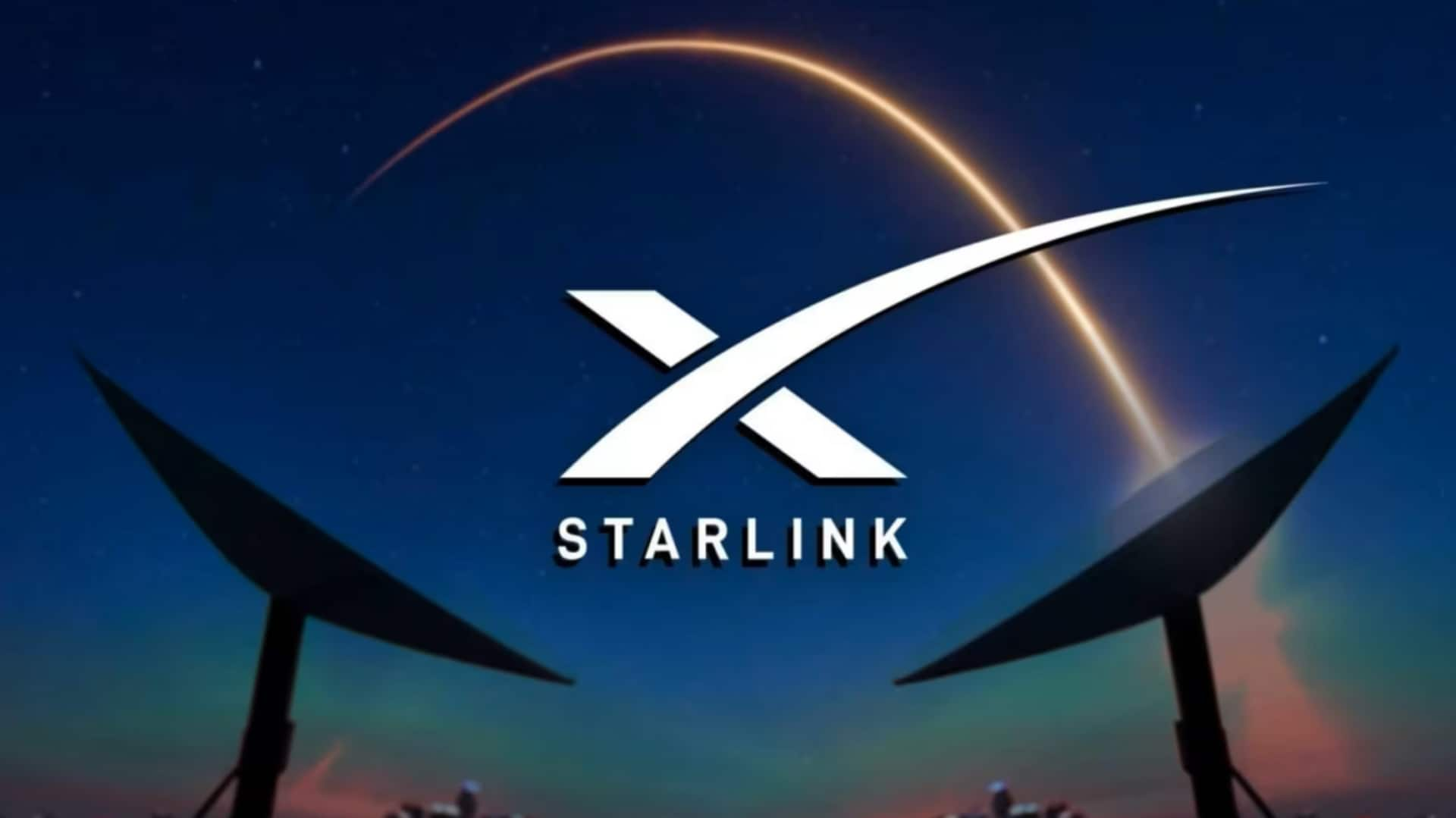
Musk's Starlink aims to hit 1Gbps speeds worldwide: Here's how
What's the story
SpaceX has filed a proposal with the US Federal Communications Commission (FCC) to improve its Starlink satellite internet service. The company thinks that by modifying the "orbital configuration and operational parameters" of its satellites, it can dramatically increase download speeds. The proposed changes are part of a plan to deliver gigabit-per-second broadband service across the US and around the world.
Satellite modifications
SpaceX's proposed changes to Starlink satellites
The proposed changes include lowering the altitudes of satellites already sitting "at 525km, 530km, and 535km to 480km, 485km, and 475km, respectively." This would increase the "potential maximum number of orbital planes and satellites per plane," while keeping the total number of second-generation satellites at or below 29,988. So far, the FCC has approved only a fraction of this total-7,500 Gen2 satellites.
Bandwidth boost
Musk predicts bandwidth increase with next-gen Starlink satellites
Elon Musk, the CEO of SpaceX, has claimed that the next generation of Starlink satellites will be capable of a tenfold increase in bandwidth. He also mentioned that the reduced altitude would mean faster latency. The prediction comes in line with SpaceX's initial promise of gigabit speeds made back in 2016 when the satellite system was still unnamed and in its planning stages.
Elevation adjustment
SpaceX seeks to modify satellite elevation angles
SpaceX also plans to tweak the elevation angles of its satellites to enhance network performance. The company intends to reduce its minimum elevation angle from 25 degrees to 20 degrees for satellites operating between altitudes of 400km and 500km. "Reducing the minimum elevation angle in this way will enhance customer connectivity by allowing satellites to connect to more earth stations directly and to maintain connections with earth stations for a longer period of time while flying overhead," SpaceX told FCC.
Tech enhancements
Hardware upgrades and spectrum flexibility for Starlink's Gen2 satellites
SpaceX has also revealed that its Gen2 satellites "will feature enhanced hardware that can use higher gain and more advanced beamforming and digital processing technologies and provide more targeted and robust coverage for American consumers." The company is also seeking greater flexibility in using spectrum licenses to support both its planned mobile service and existing home internet service.
Regulatory hurdles
FCC's skepticism and SpaceX's continued efforts
The FCC had earlier been skeptical of some of SpaceX's claims, while other satellite operators and mobile carriers have opposed earlier Starlink plans. Despite all this, SpaceX continues to push for its proposed changes. The company believes these modifications could address some of the capacity and speed issues previously flagged by the FCC. However, there's no guarantee of approval as other companies will have time to file objections before a decision is made.